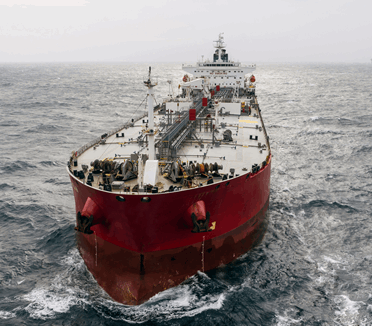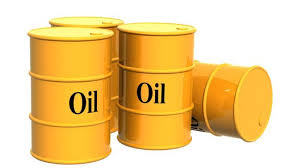
Lagos — Social distancing is directly affecting global travel, logistics and material handling, as well as potentially creating gaps along the oil and gas supply chain that will take some time to fix, says GlobalData, a leading data and analytics company.
The company’s report, ‘Coronavirus (COVID-19) Case Study: Impact on Oil & Gas Supply Chain’, notes that global trade and transportation have virtually come to a halt as countries attempt to contain the spread of COVID-19. Industrial activity has also plummeted.
Ravindra Puranik, Oil & Gas Analyst at GlobalData, comments: “This unprecedented catastrophe is destroying global oil and gas demand and unsettling the entire ecosystem. Daily activities of producers, equipment and service providers, engineering procurement and construction (EPC) contractors, storage and transportation companies, fleet operators, traders and marketers are now either delayed or canceled.”
The International Energy Agency (IEA) anticipates the fall in oil demand from COVID-19 to be 29 million barrels per day (bpd) for April 2020 and 23.1 million bpd for Q2 2020. Although OPEC+ members have agreed to cut 9.7 million bpd of their output to offset the demand slowdown, supply is likely to be in excess of the demand in the near future as long as the disease persists.
Puranik adds: “Lack of demand is weighing on liquid storage, which is now edging towards full capacity. Consequently, oil producers and traders are turning to oil tankers as floating storage, thus leading to a surge in tanker chartering rates.
“Moreover, regulatory constraints introduced for containing COVID-19 are limiting workforce availability and affecting throughput at oil and gas facilities and import-export terminals alike. Factory closures are also affecting equipment supply and resulting in project delays and postponements across the value chain.”



